In our series Salary Stories, women with long-term career experience open up about the most intimate details of their jobs: compensation. It’s an honest look at how real people navigate the complicated world of negotiating, raises, promotions and job loss, with the hope it will give young people more insight into how to advocate for themselves — and maybe take a few risks along the way.
Been in the workforce for at least five years and interested in contributing your salary story? Submit your information here.
Age: 42
Location: Los Angeles
Current industry and job title: Executive director of a nonprofit, and freelance writer of prose and song.
Current salary: $86,000 (salary), plus $14,000 to $64,000 (projected freelance income).
Number of years employed since school or university: 20
Starting salary: $15/hour
Biggest salary jump: From $67,000 to $100,000. This happened when I first went freelance from a salaried position. I used my experiences and a network developed over many years, so I was able to up my income on my own terms. And my work-life balance immediately improved.
Biggest salary drop: From $55,000 to $25,000. I moved to LA in my 20s and had a hard time finding a position that paid well, so I wound up self-employed. This was during the recession and it was tough going in the entertainment field.
Biggest negotiation regret: In my mid-30s I applied for a position and during negotiations it became obvious the company owner wanted me in the role. Early on, I told them my salary range and they agreed to that framework. They paid for me to travel to the headquarters and spend a day in various departments. We had lunch, then went back to the office for them to make the official offer.
But their proposed salary was $13,000 below the floor of the range I required. I felt trapped by the fact that they had brought me all this way and spent months getting to this day. They were stunned I said no. Weeks later, they called and offered $3,000 less than my floor, promising an automatic $10,000 raise after one year. I reluctantly agreed.
But they didn’t automatically give me that raise. I had to repeatedly remind them. And they capped me at that salary. So my biggest negotiation regret was accepting anything less than what I stated I needed at the very beginning — it was a sign that salary negotiations would not go in my favor at that company.
Best salary advice: Don’t settle for anything less than what you require, and be honest with yourself about what you require. Don’t take a job just because it is a good opportunity for your résumé. Make sure it works for you financially.
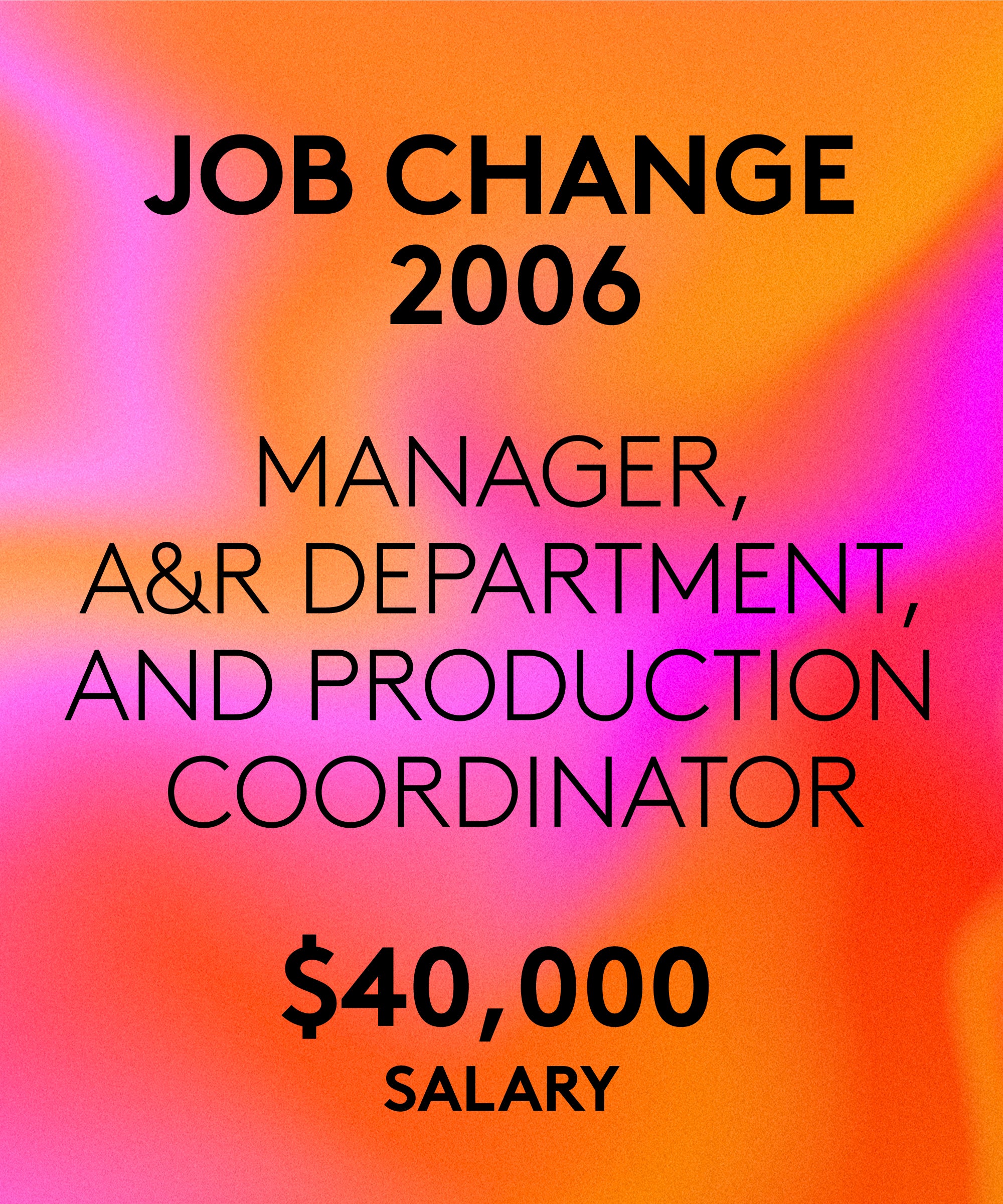
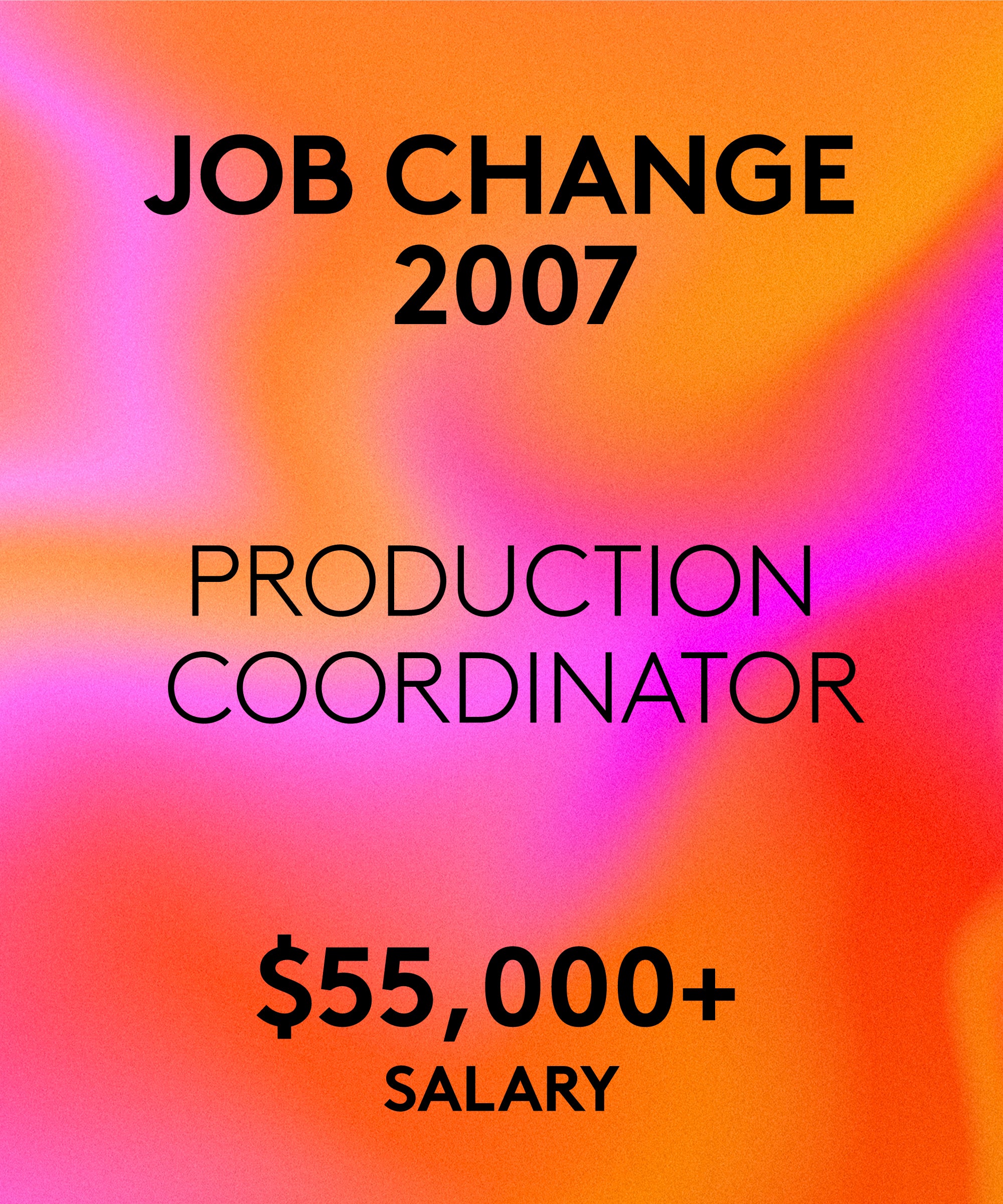
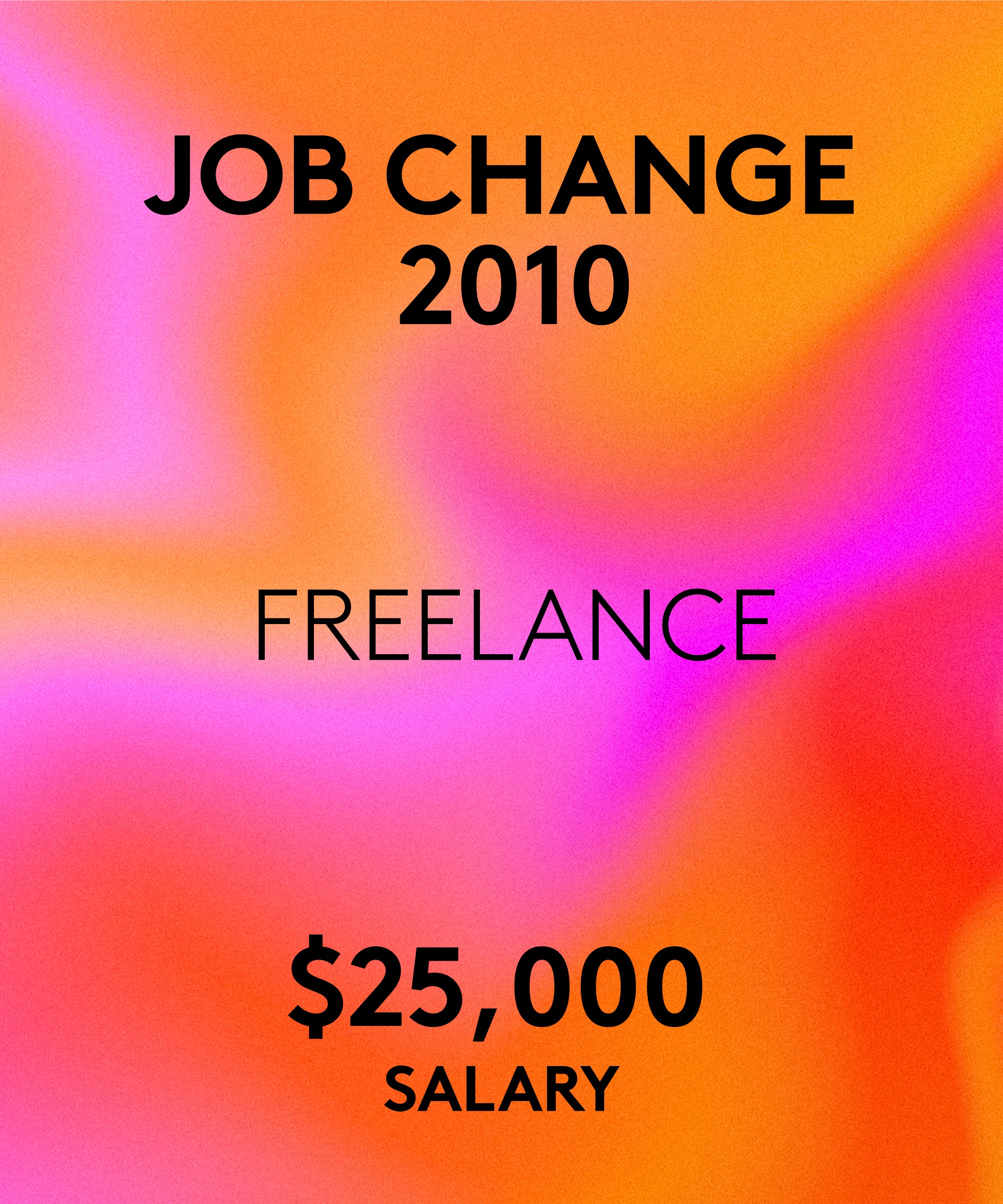
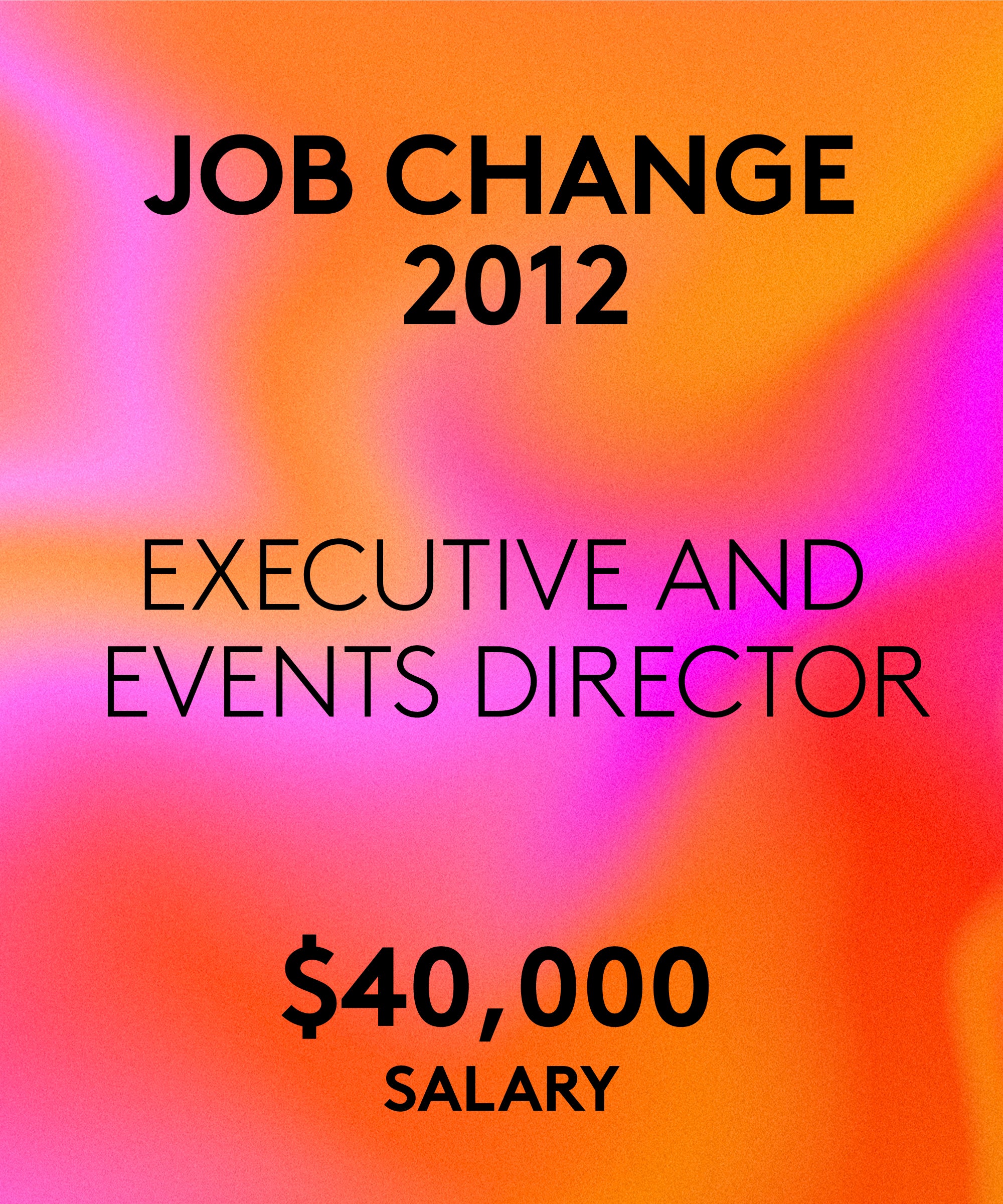
But I didn’t receive the raise and promotion until well into 2013. I found out later that the company owner noticed I didn’t cash my checks every Friday, which led them to believe I didn’t need the money, so they withheld my raise based on that assessment.
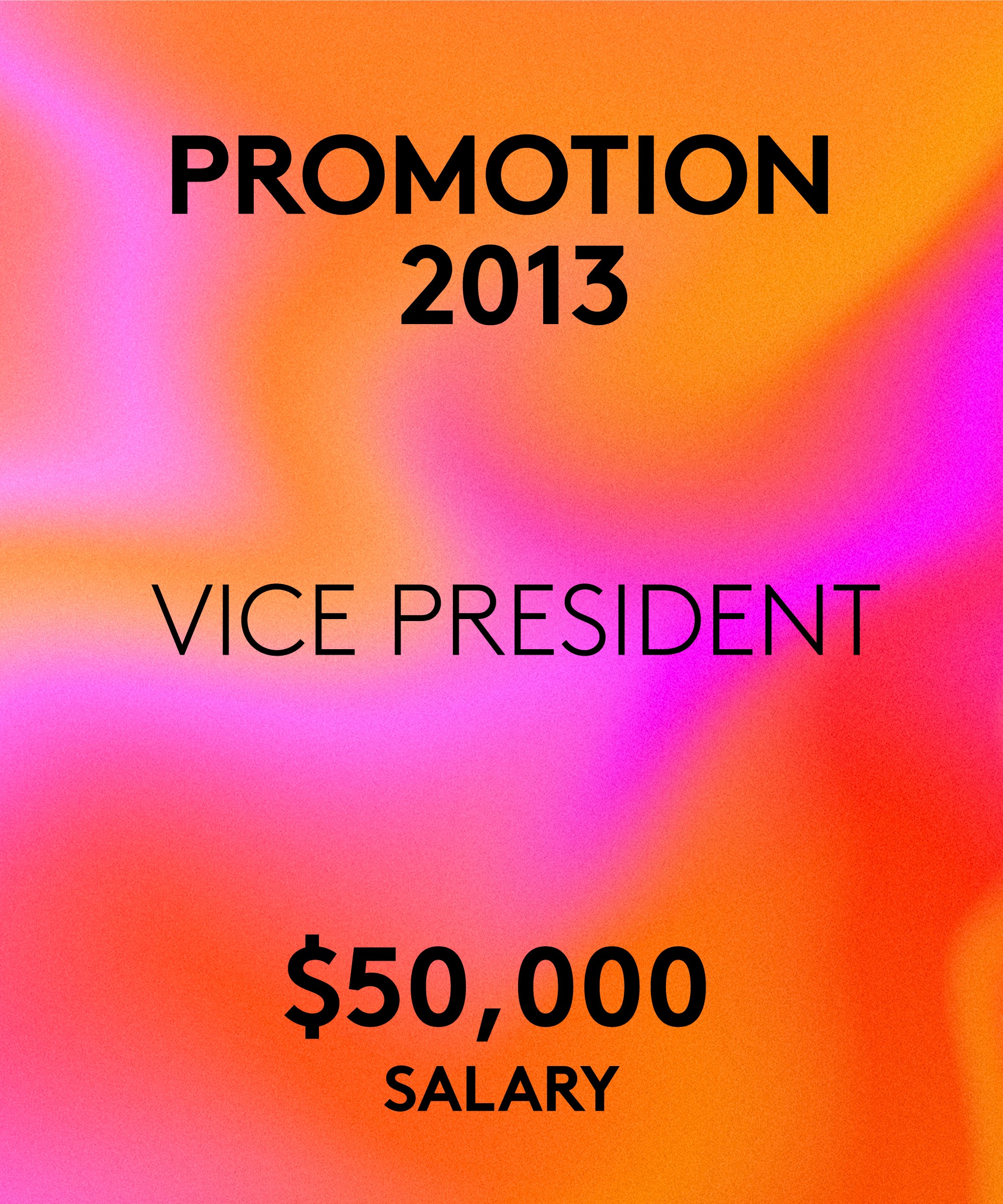
But I learned a hard-won lesson about bosses and personalities, as it turns out the CEO was withholding money from some employees based on what they believed they needed, versus paying people adequately for their hard work. I was one of many.
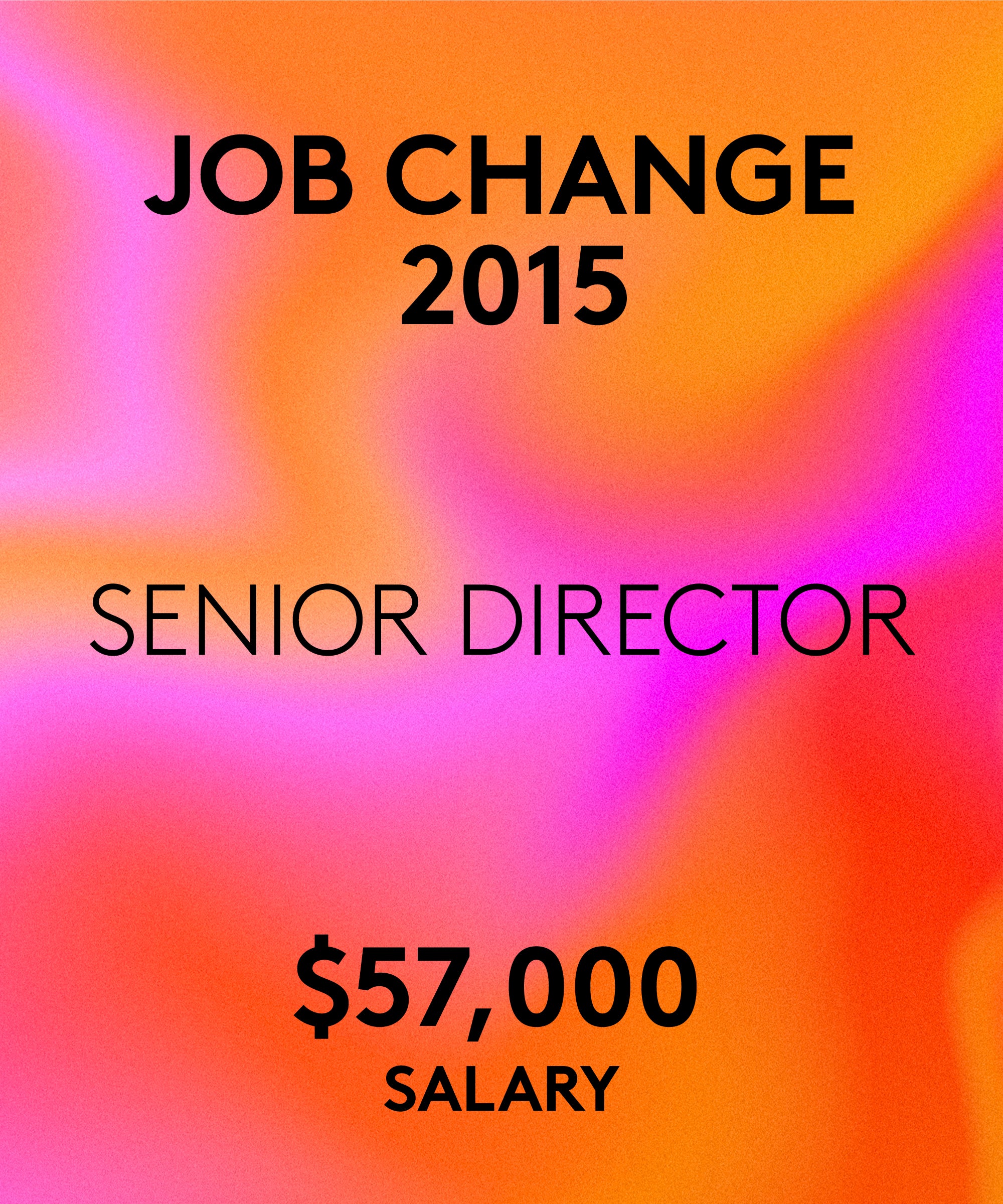
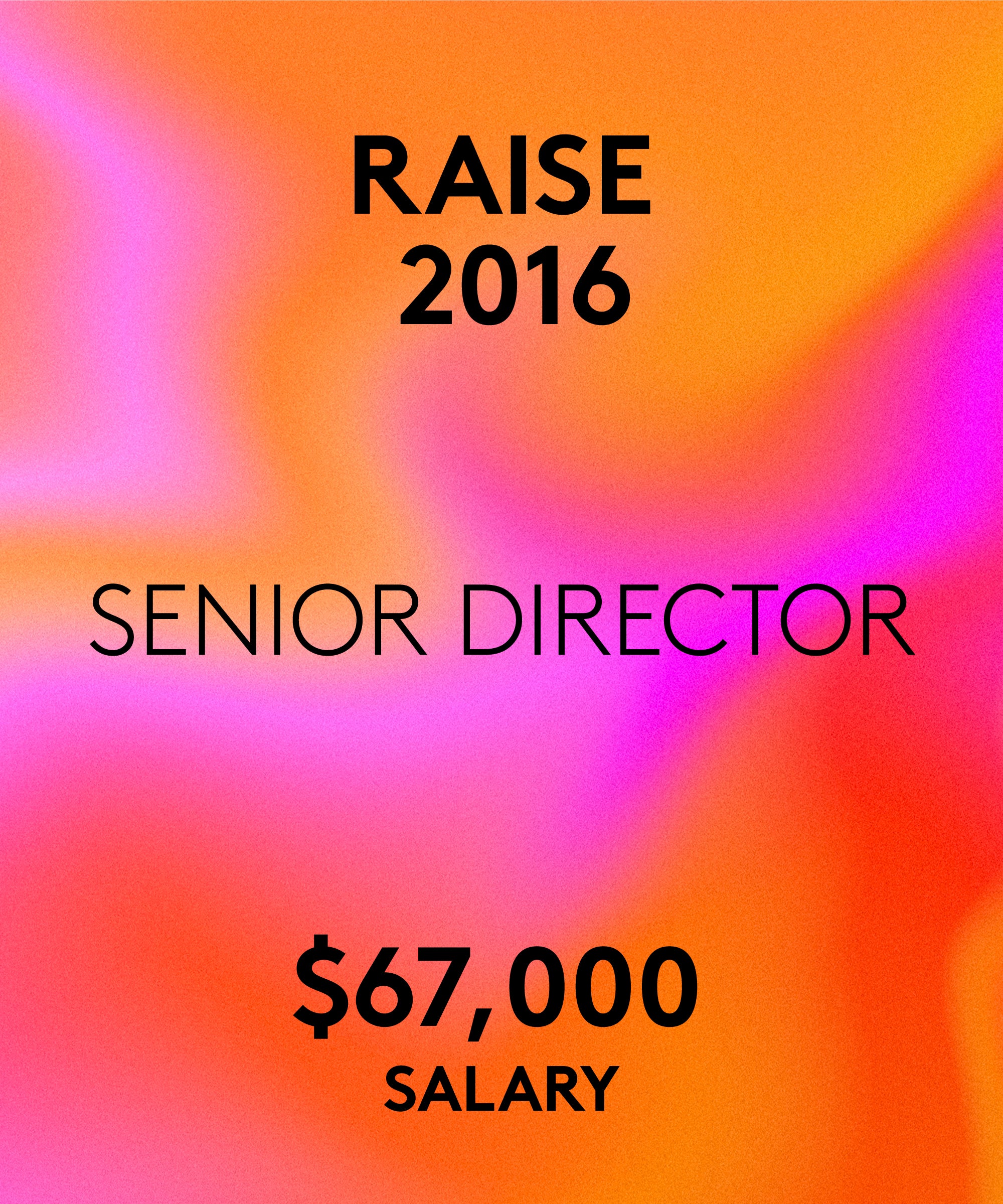

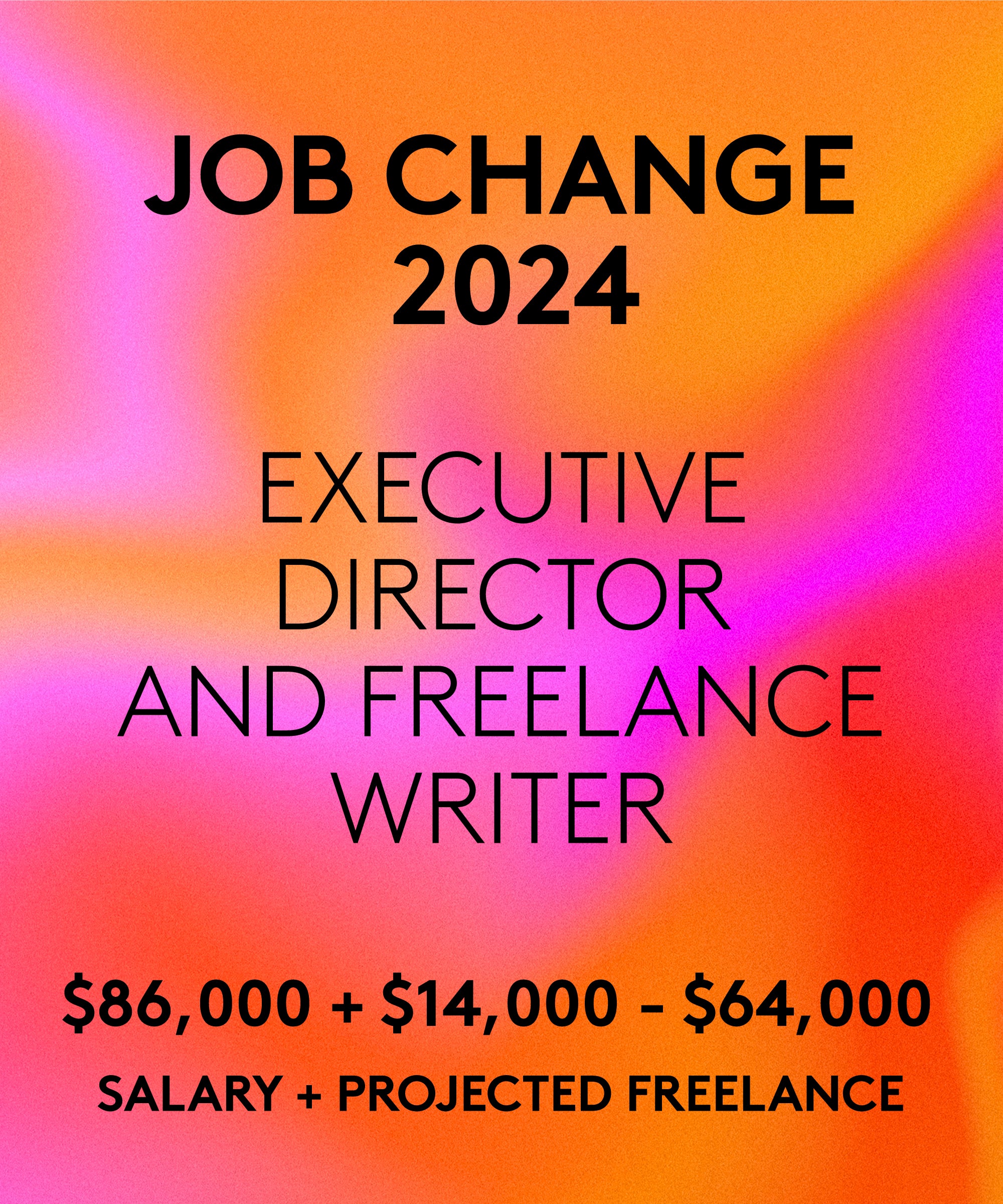
Based on previous years, I project that I will earn between $14,000 and $64,000 freelancing this year, which is admittedly a really wide range, but my writing specialty tends to be incredibly unpredictable.
Like what you see? How about some more R29 goodness, right here?
I Make $6,000 To $12,000 By Freelancing
I Went From $175,000 To $245,000 In One Job Change















